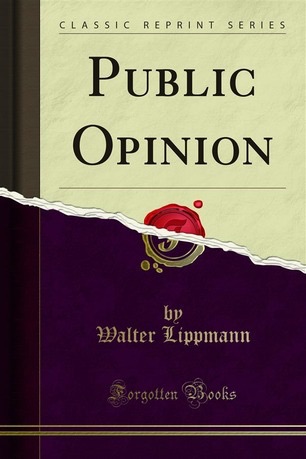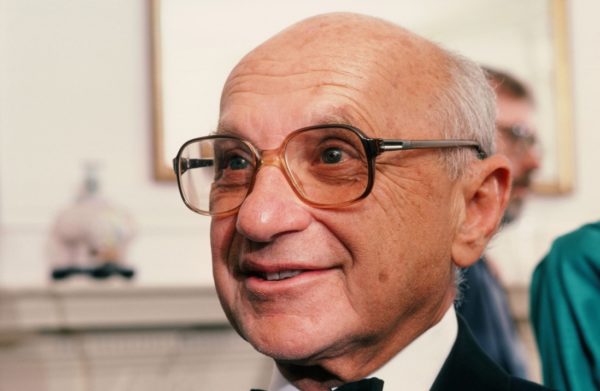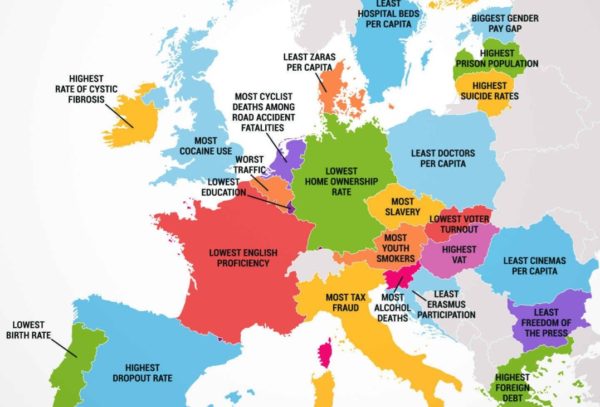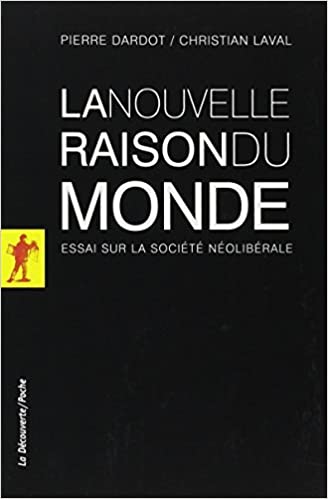Pagine
Condividi e segnala
Tag
- Althusser
- Antropologia
- Baumgarten
- Bourdieu
- Conceivability of Nothingness
- Conciliation
- corpo
- Derrida
- Dialectics
- Difference
- distinzione
- Europe
- Expression
- giudizio
- Grace
- Habitus
- Heidegger
- Hobbes
- Kant
- linguaggio
- Lyotard
- marxismo
- Medieval Aristotelianism
- Metaphysics
- Nature
- Negative
- Nichts
- nihil
- Nihilism
- nihil negativum
- nihil privativum
- Non-identical
- Nothing
- Nothingness
- onore
- politica
- postmoderno
- pratica
- riconoscimento
- Smith
- solitudine
- Sovranità
- Spinoza
- Thomas Aquinas
- Western Ontology
-
Articoli recenti
Link
Archivi categoria: Monografica
Deux conceptions néoliberales de la souveraineté et de la démocratie: aux origines de la gouvernance europeenne
Odile Tourneux
ENS Lyon, TRIANGLE 5206
odile.tourneux@ens-lyon.fr

Abstract: Neoliberal theories and European institutions have several things in common, including being regularly criticized for their lack of appreciation for democracy. The promotion of the motive of neoliberal governance to the rank of political principle would be done in opposition to the republican model of the general will. However, it seems to us that European public policies, and the theories on which they are based, are not so much based on a negation of democracy as on a deep redefinition of the republican model of popular … Continua a leggere
Pubblicato in Monografica, NUMERO 9
Lascia un commento
Les sources lippmanniennes du probléme néolibéral de la démocratie: la démocratie “reconstruite“ de ’34
Arnaud Milanese
ENS de Lyon, TRIANGLE UMR 5206
arnaud.milanese@ens-lyon.fr

Abstract: In the abundant literature on Lippmann’s neoliberalism in 1937, several studies have already examined the democratic model of The Good Society. The literature is even more abundant on the conception of democracy that arises from the Dewey-Lippmann Debate. But surprisingly, few studies look at the relation between both, and at the importance of The Method of Freedom (1934) to understand it. Written in the early years of the New Deal, this text nevertheless offers an accurate view of the long-term Lippmannian thoughts on … Continua a leggere
Pubblicato in Monografica, NUMERO 9
Lascia un commento
La réalisation optimale de l’idéal démocratique par l’extension du marché selon Milton Friedman
Etienne Wiedemann
ENS de Lyon
etienne.wiedemann@ens-lyon.fr

Abstract: In Capitalism and Freedom, Milton Friedman seeks to establish that free market can be thought of as the best possible device to realize the idea of democracy for it allows all individuals to directly decide of their own existence. In order to reach such a conclusion Friedman reduces first the idea of democracy to an ideal of maximum extension of individual freedom. This reduction is based on a strong individualism and on the idea that there is an irreducible diversity of individual preferences. These same elements … Continua a leggere
Pubblicato in Monografica, NUMERO 9
Lascia un commento
L’idéal démocratique contre la démocratie. Buchanan et l’économie politique constitutionnelle
Nathanaël Colin-Jaeger
ENS de Lyon, TRIANGLE UMR 5206, et Duke University, Center for the History of Political Economy
nathanael.colin@ens-lyon.fr

Abstract: Neoliberals are often accused of being anti-democratic theorists. Buchanan, among them, has been particularly targeted as one of the instigators of anti-democratic movements in the United-States. This article shows, through the specific example of Buchanan, how this narrative leads to a misinterpretation of the relationship between neoliberal theorists and democracy. Far from simply criticizing democracy as a tyranny of the majority or as leading to situations of negative cooperation, Buchanan proposed a new … Continua a leggere
Pubblicato in Monografica, NUMERO 9
Lascia un commento
Destituer les citoyens, contraindre les individus
Thibaut Rioufreyt
Maître de conférences en science politique, Université Lyon 2/Laboratoire Triangle UMR 5206
thibaut@rioufreyt.fr

Abstract: This article proposes to question the relationship between neoliberalism and democracy from three angles. Neo-liberalism is an anti-democratic project in that it aims to restrict the principle and scope of popular sovereignty so that it does not call into question the spontaneous order of the market. Moreover, neoliberal hegemony reaches the very conditions of possibility of democracy by making the constitution of a demos much more complicated. Neoliberalism constitutes in fact a regime of subjectivation, producing a neoliberal … Continua a leggere
Pubblicato in Monografica, NUMERO 9
Lascia un commento
From Histories of Liberalism to a History of the Demos: Toward a Democratic Critique of Neoliberalism
Stephen W. Sawyer
The American University of Paris
ssawyer@aup.fr

Abstract: This article proposes to question the relationship between neoliberalism and democracy from three angles. Neo-liberalism is an anti-democratic project in that it aims to restrict the principle and scope of popular sovereignty so that it does not call into question the spontaneous order of the market. Moreover, neoliberal hegemony reaches the very conditions of possibility of democracy by making the constitution of a demos much more complicated. Neoliberalism constitutes in fact a regime of subjectivation, producing a neoliberal subject in tension with the figure … Continua a leggere
Pubblicato in Monografica, NUMERO 9
Lascia un commento
Entretien avec Christian Laval: Les métamorphoses du néolibéralisme. Retour sur une recherche
Questions et propos recueillis par Nathanaël Colin-Jaeger et Carolina Verlengia
Pubblicato in Monografica, NUMERO 9
Lascia un commento

 …
…